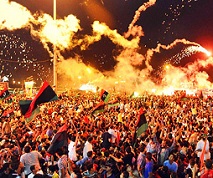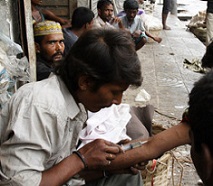
From the Middle East to Lausanne: Arabic Thoughts Amidst the Alps
It has been nearly a week since I embarked on a speaking tour in French-speaking countries of Europe. The trip was more difficult than I thought it would be, but also successful. I am here to talk about Gaza, to explain Arab revolutions and to remind many of their moral responsibility towards Palestine and Arab nations.



